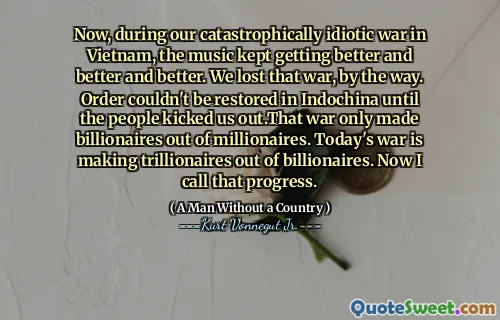
As I explain at some length in my book 'Energy Victory,' during World War II, the American strength in oil production was a decisive advantage for the Allies. Airplanes, ships, and tanks all ran on oil, and we controlled the supply.
This quote highlights the critical role that energy resources, specifically oil production, played in determining the outcome of major historical conflicts like World War II. Robert Zubrin underscores how control over a vital resource can translate directly into military and strategic power. Oil was not just a commodity; it was the lifeblood of the Allied forces, enabling the effective operation of airplanes, ships, and tanks — all of which were essential to winning the war. Reflecting on this, it is clear that technological prowess and military might alone are insufficient without a stable and secure supply of necessary resources. This also prompts consideration of modern-day energy politics and how control over energy resources continues to influence geopolitical dynamics globally. The quote encourages us to appreciate the intersection of energy, economics, and national security. Moreover, it implies that efforts to diversify energy sources or establish independent, sustainable energy could significantly affect future strategic advantages. Fundamentally, Zubrin’s insight illuminates how energy infrastructure is not merely about economic prosperity but is intrinsically linked to survival and victory in international conflicts. This historical perspective should guide contemporary policy-making, emphasizing the imperatives of energy resilience and security.











